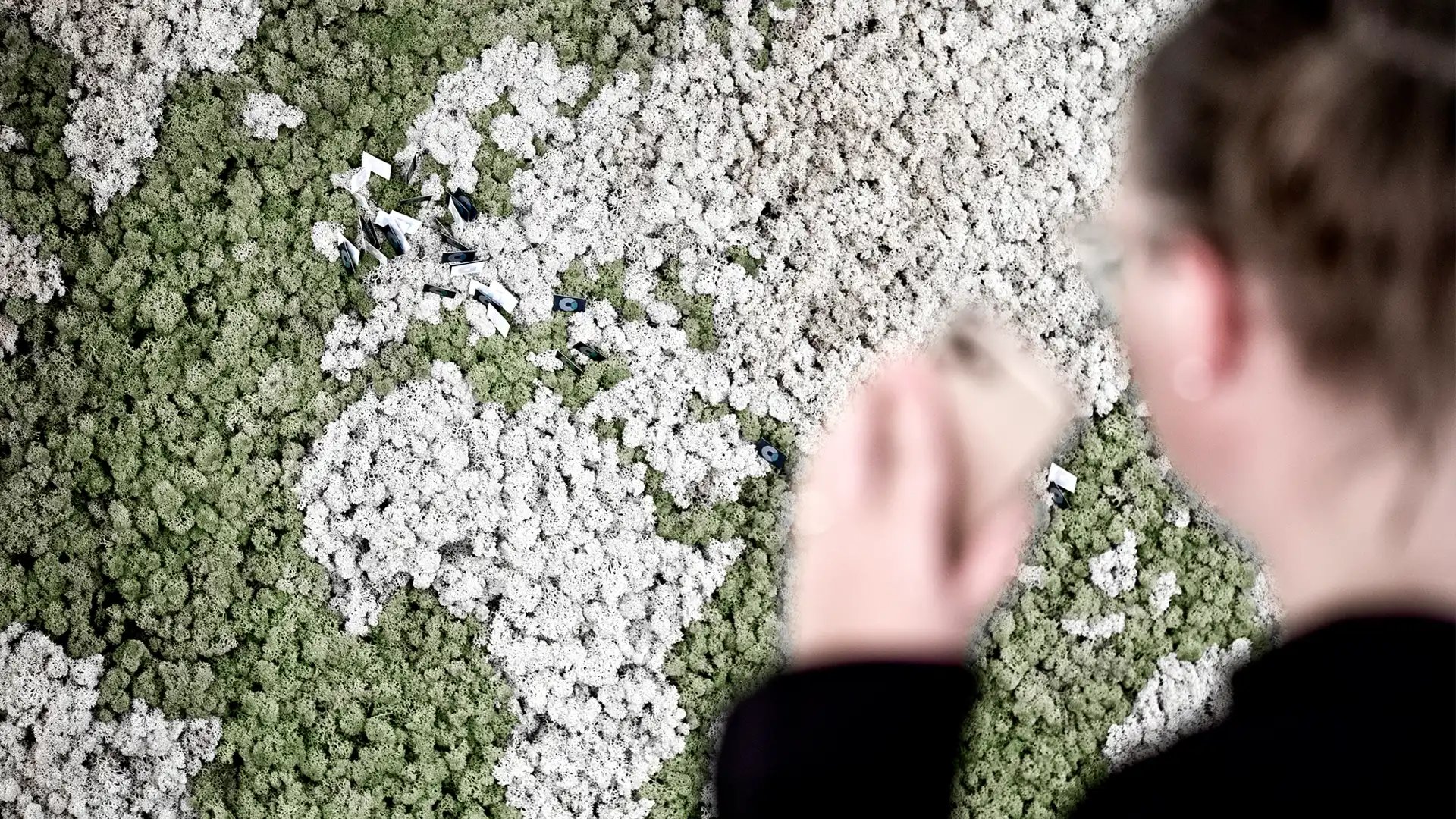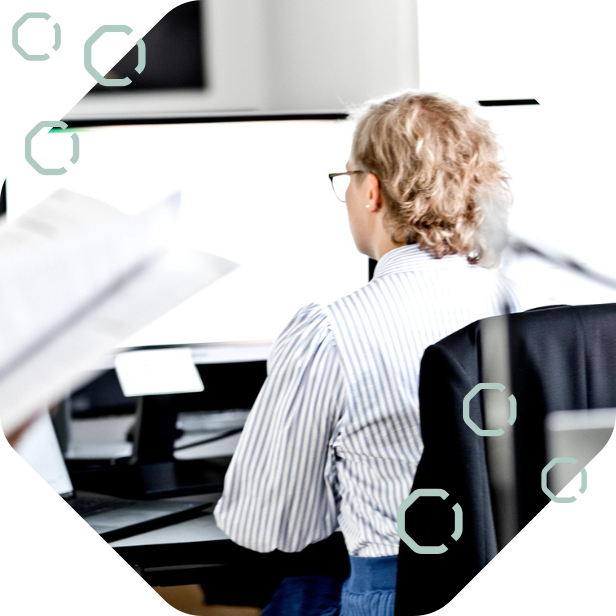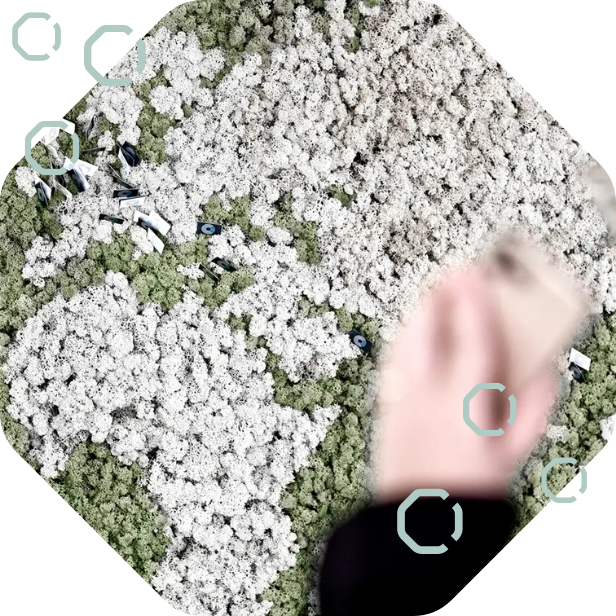
How we reduce our environmental footprint
Our industry affects climate change; there’s no denying it. Here's how we handle that fact and what we aim to do about it at Copenhagen Optimization.

Measure
We have calculated our emissions to create a baseline of our carbon footprint and track our progress on a yearly basis. Our baseline is certified by EIC and includes historical data on our energy consumption, lunch schedules, and business travel. We have calculated our emissions in consultation with external parties Agreena, the Global Climate Institute, and Ramboll Management Consulting, to ensure accurate monitoring.

Reduce
An integral part of our business model is travel, including transport to conferences, clients, and business meetings at airports worldwide. Before traveling, we consider the necessity of the trip and identify the best route and means of transportation.
When flying, we purchase Sustainable Aviation Fuel (SAF) for the entire flight through SAS – both outbound and inbound for every employee. SAF has the same specifications as regular fuel but emits about 80% less CO2. When we buy SAF, SAS uses the amount paid to replace an equivalent amount of fossil fuel within its overall operations.

Offset
The total carbon footprint of our business activities in 2025 is estimated at 895t, which includes our HQ’s energy consumption - we are fully powered by Ørsted’s wind energy - our meal consumption, and our short- and long-haul business travel. Our offset also accounts for the environmental impact of our employees outside of work to avoid underestimating our total footprint, even though this exceeds our calculated emissions.
In parallel with our reduction initiatives, we offset our remaining footprint, both at and outside work, by investing in the Larimar Wind Farm II project. This project is accredited by the Verified Carbon Standard (VCS) and reduces CO2 emissions by an average of 300k tonnes a year – the equivalent of about 900k barrels of oil. It is the first project to be traded on IATA’s new Aviation Carbon Exchange platform, on which airlines can also choose to offset their carbon emissions.
The project initiator, EGE Haina, reinvests a yearly profit of US$500k in its social responsibility program, which promotes sustainable development across the provinces of San Pedro de Macoris, San Cristóbal, Barahona, and Pedernales.